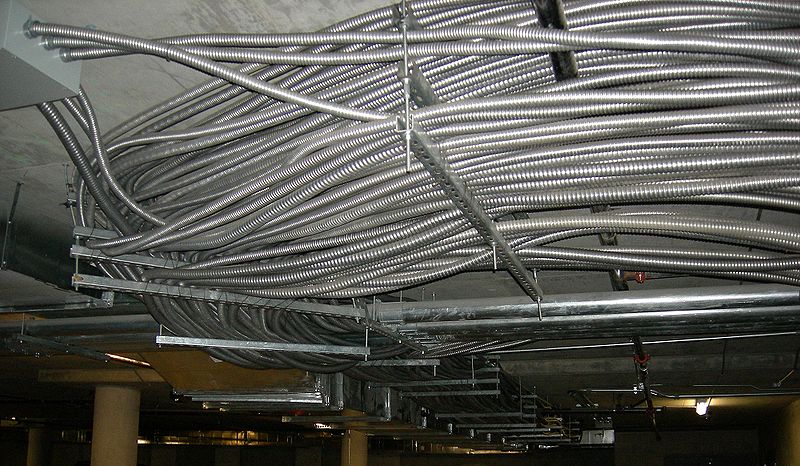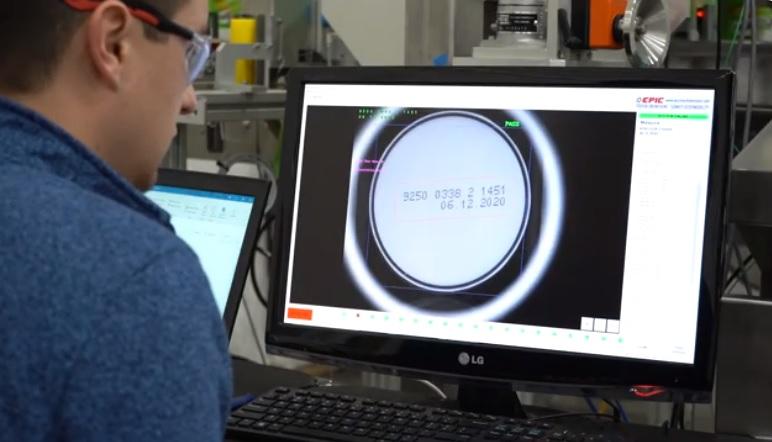Conduits play an important role in protecting electric cables. They are available in different sizes and types, depending on the use they are put to. In some offices and workplaces, it might be necessary to run the cables underground. In that situation, you’ll need an underground conduit to make sure that your cables and wires are safe from the effects of natural elements like water, soil, and other such factors.
If your workplace needs underground wiring, you’ll need to decide on the type of underground conduits to use. Underground wires come with a sheath coating, which makes it easier to secure them to wall studs and joists. But they can be accidentally cut or wither away, making them a hazard. Conduits help you to overcome this problem.
Types of Underground Conduits
There are several options when it comes to choosing underground conduits. The traditional options include:
PVC Conduit – This is often used in wetter locations and for underground projects. PVC conduits come with their own set of elbows, connectors, couplings, and fittings. These help in assembling the PVC conduits using PVC glue. As PVC is non-conductive, it is safer too. However, since PVC conduit is not conductive, you should run a green ground wire in the conduit for proper grounding methods at connection points.
Flexible Metal Conduit – Attic vents and water heaters use flexible metal conduits. They are best suited for areas with tight bends and narrow spaces.
Electrical Metal Tubing (EMT) – EMT is best suited for walls. They are lightweight and easy to bend. But, they are prone to damage and so not very well suited for underground work.
Rigid Metal Conduit (RMC) – RMC is incredibly strong and so is the best choice to use in extreme areas, such as underneath driveways. However, it must be threaded in the end. Because of this, the installation is difficult and expensive than the other options.
Intermediate Metal Conduit (IMC) – IMC is a galvanised, thicker conduit, which makes it a good choice for outdoor installations. It is suitable for exposed walls in basements, garages, outbuildings, and areas where it can be hit or damaged.
PVC and Rigid conduits are generally preferred while installing underground electrical wiring. The depth for the underground conduit is 18 inches, although a lot depends on each project and installation type.
If you don’t find anything suitable in the traditional options, you can go for newer choices such as a fibreglass conduit.
Fibreglass underground conduits are becoming popular as they have better benefits such as:
Non-metallic – Being non-metallic means that it will never rot or corrode. As such, it offers the best protection against corrosion among all conduit materials.
Fire-resistant – Fiberglass can handle temperatures ranging between -40 degrees F and 230 degrees F. This gives it an added advantage.
Non-toxic – Halogens or chlorines are not present in fibreglass. That makes it the safest choice.
Whatever type of underground conduit you choose, make sure that you opt for conduits that meet the standards and regulations set by the authorities.




